Intensive farming, also known as industrial agriculture, involves using high levels of inputs and advanced agricultural techniques to maximize the output per unit of land. This approach contrasts with traditional farming methods, focusing on large-scale production and efficiency. In India, intensive farming has become increasingly important as the country strives to meet the growing food demands of its rapidly increasing population and boost agricultural productivity.
Characteristics of Intensive Farming
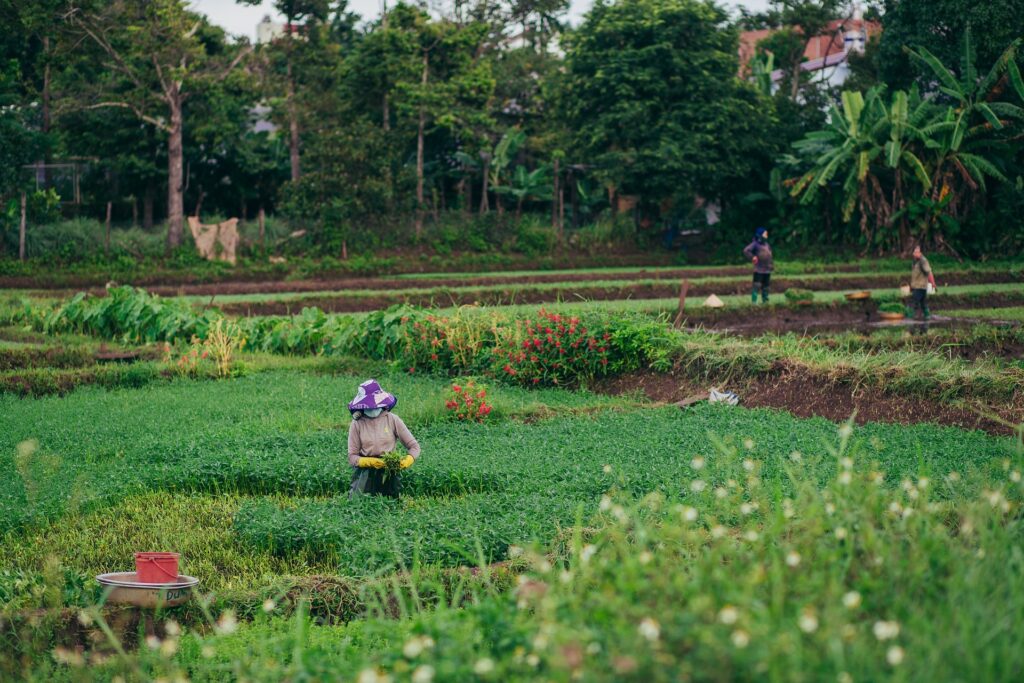
High Input Usage:
Intensive farming relies on significant inputs such as chemical fertilizers, pesticides, and high-yielding variety (HYV) seeds. These inputs help enhance crop growth and protect against pests and diseases.
Advanced Technology:
Modern technology and machinery are integral to intensive farming. This includes tractors, combine harvesters, irrigation systems, and precision farming tools like GPS and drones for monitoring crop health.
Monoculture:
Intensive farming often involves the cultivation of a single crop variety over large areas (monoculture). This practice allows for specialization and economies of scale but can also lead to soil degradation and increased pest susceptibility.
High Productivity:
The primary goal of intensive farming is to achieve high productivity and output. This is accomplished through optimized planting densities, controlled environments, and efficient resource management.
Irrigation and Water Management:
Effective irrigation and water management are crucial for intensive farming. Techniques such as drip irrigation, sprinklers, and controlled flooding are used to ensure adequate water supply and minimize wastage.
Importance of Intensive Farming
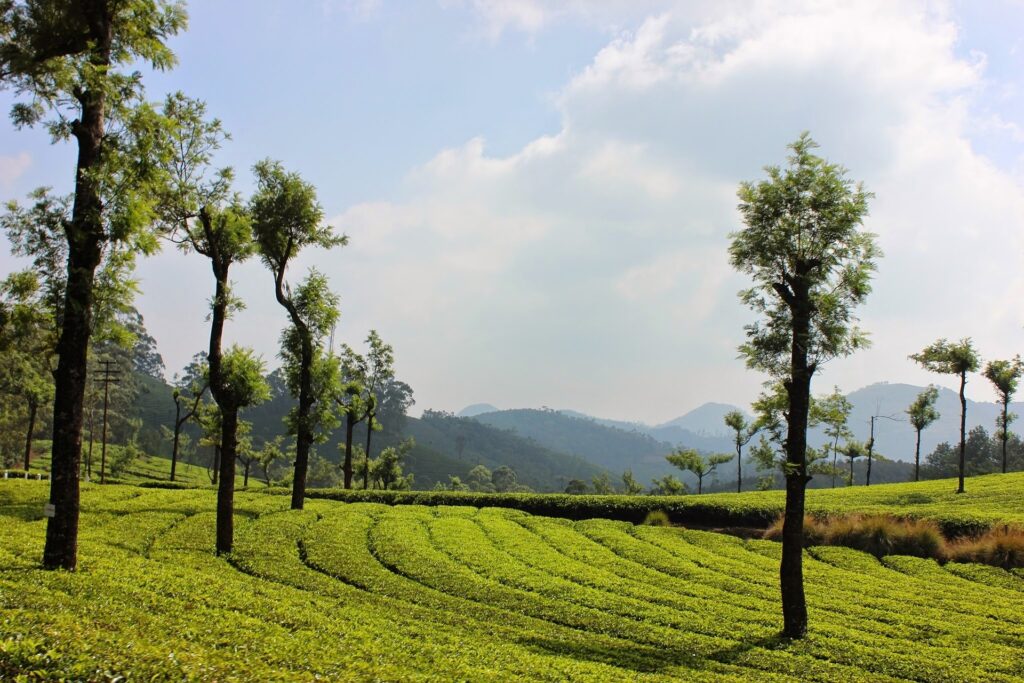
Increased Food Production:
Intensive farming significantly boosts food production, helping to meet the dietary needs of India’s large and growing population. It plays a critical role in ensuring food security and reducing hunger.
Economic Growth:
By increasing agricultural productivity, intensive farming contributes to economic growth. It generates employment opportunities, supports agro-industries, and enhances the income levels of farmers.
Efficient Land Use:
Intensive farming maximizes the use of available land, making it possible to produce more food on less acreage. This is particularly important in India, where land resources are limited and the demand for food is high.
Technological Advancements:
The adoption of advanced technologies in intensive farming leads to innovations and improvements in agricultural practices. It encourages research and development in the agricultural sector.
Challenges of Intensive Farming
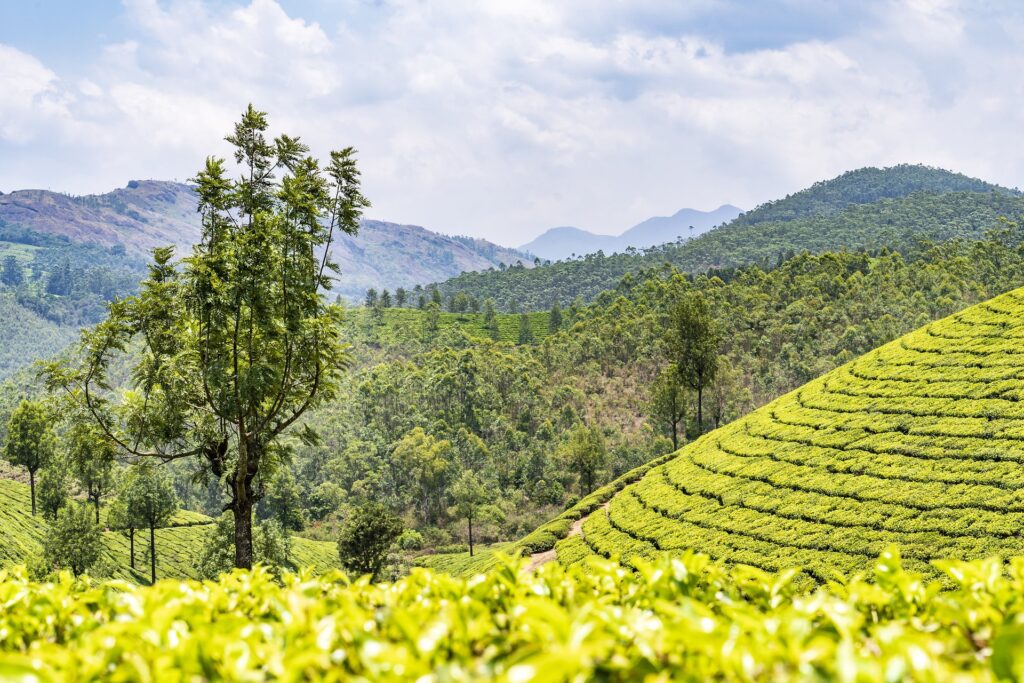
Environmental Impact:
Intensive farming can have significant environmental consequences, including soil degradation, water pollution, and loss of biodiversity. The excessive use of chemical fertilizers and pesticides can contaminate water bodies and degrade soil health.
Resource Depletion:
High input requirements for intensive farming can lead to the depletion of natural resources. Over-reliance on groundwater for irrigation can cause water scarcity, while continuous monocropping can exhaust soil nutrients.
Health Risks:
The extensive use of agrochemicals poses health risks to farmers and consumers. Exposure to pesticides can cause acute and chronic health issues, and residues on food products can affect human health.
Economic Inequality:
Intensive farming often benefits large-scale commercial farmers more than smallholder farmers. The high cost of inputs and technology can be prohibitive for small farmers, leading to economic disparities in rural communities.
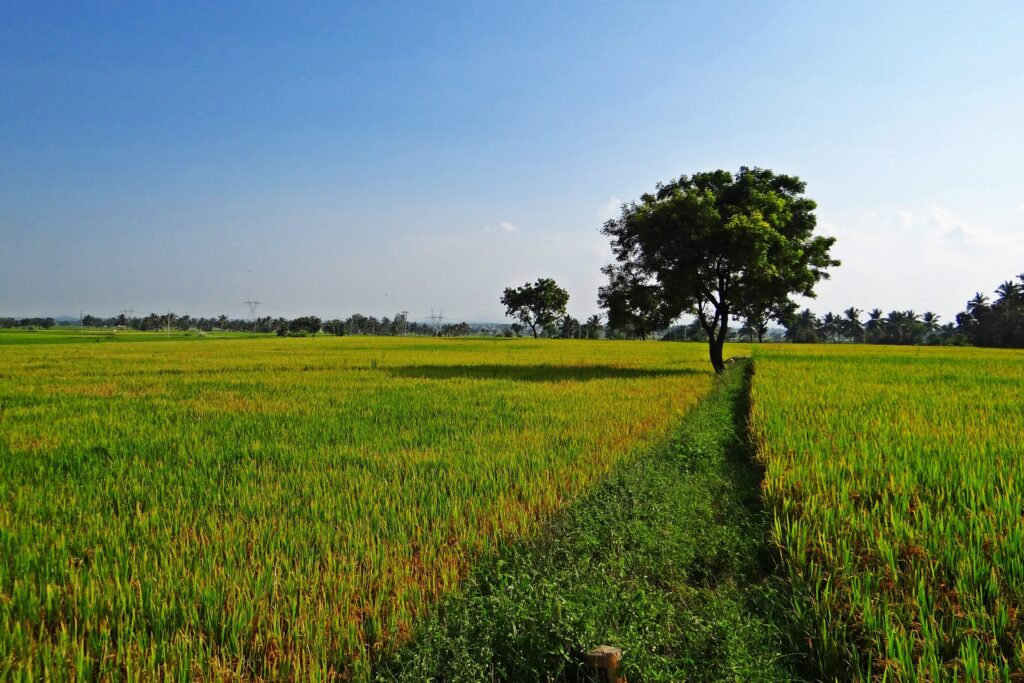
Government Initiatives and Support
The Indian government has implemented several initiatives to promote sustainable intensive farming and address its challenges:
Pradhan Mantri Krishi Sinchai Yojana (PMKSY):
PMKSY aims to enhance irrigation efficiency and ensure water availability for agriculture. It promotes micro-irrigation techniques like drip and sprinkler systems to improve water use efficiency in intensive farming.
Soil Health Card Scheme:
The Soil Health Card Scheme provides farmers with detailed information on soil health and fertility. It encourages balanced use of fertilizers and promotes soil conservation practices to maintain soil health in intensive farming systems.
National Mission on Sustainable Agriculture (NMSA):
NMSA focuses on sustainable agricultural practices, including integrated nutrient management, organic farming, and precision farming. It aims to balance productivity with environmental sustainability in intensive farming.
Sub-Mission on Agricultural Mechanization (SMAM):
SMAM aims to promote the mechanization of agriculture by providing financial assistance for the purchase of agricultural machinery and equipment. This helps small and marginal farmers adopt modern technologies and improve productivity.
Best Practices for Sustainable Intensive Farming

Integrated Pest Management (IPM):
IPM combines biological, cultural, and chemical control methods to manage pests in an environmentally friendly manner. It reduces the reliance on chemical pesticides and minimizes their impact on the environment.
Conservation Agriculture:
Conservation agriculture practices, such as minimum tillage, crop rotation, and cover cropping, help maintain soil health and reduce erosion. These practices enhance soil fertility and improve water retention.
Precision Farming:
Precision farming involves using technology to monitor and manage crop growth accurately. It includes techniques like remote sensing, GPS mapping, and data analytics to optimize input use and improve efficiency.
Organic Farming:
Integrating organic farming practices with intensive farming can reduce the environmental impact and improve soil health. Organic farming avoids synthetic inputs and relies on natural fertilizers and pest control methods.
Agroforestry:
Agroforestry combines agriculture with tree cultivation to create diversified and sustainable farming systems. Trees provide shade, improve soil fertility, and offer additional sources of income through timber and fruit production.
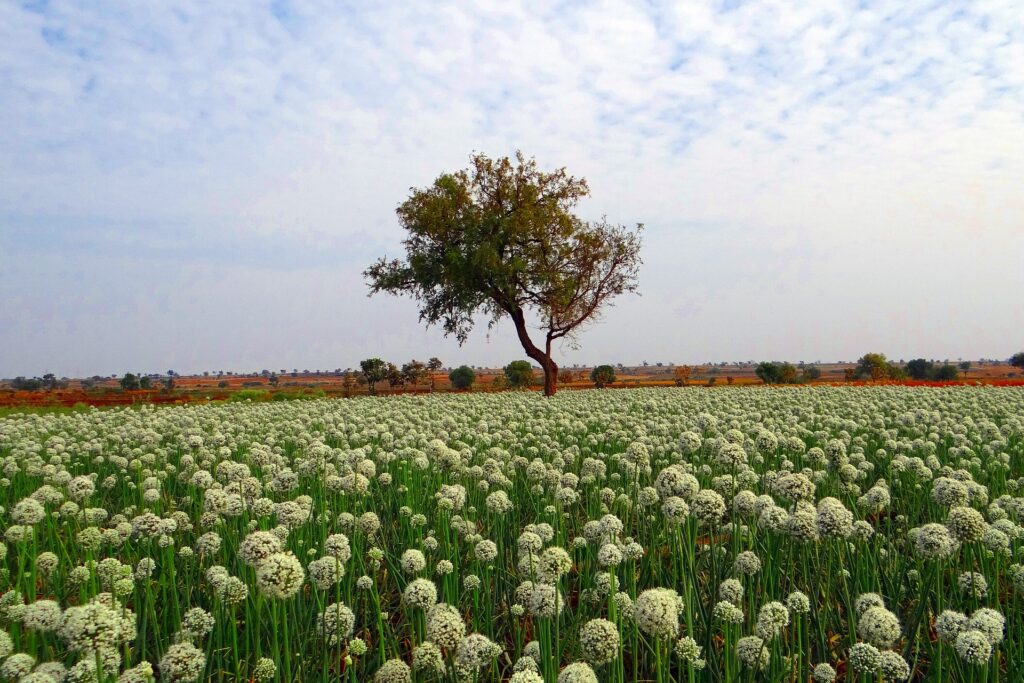
Conclusion
Intensive farming is essential for meeting India’s food demands and driving agricultural productivity. While it offers numerous benefits, it also presents significant challenges that need to be addressed through sustainable practices and effective policy support. By balancing high productivity with environmental sustainability and social equity, intensive farming can play a crucial role in the future of Indian agriculture, ensuring food security and improving the livelihoods of farmers.